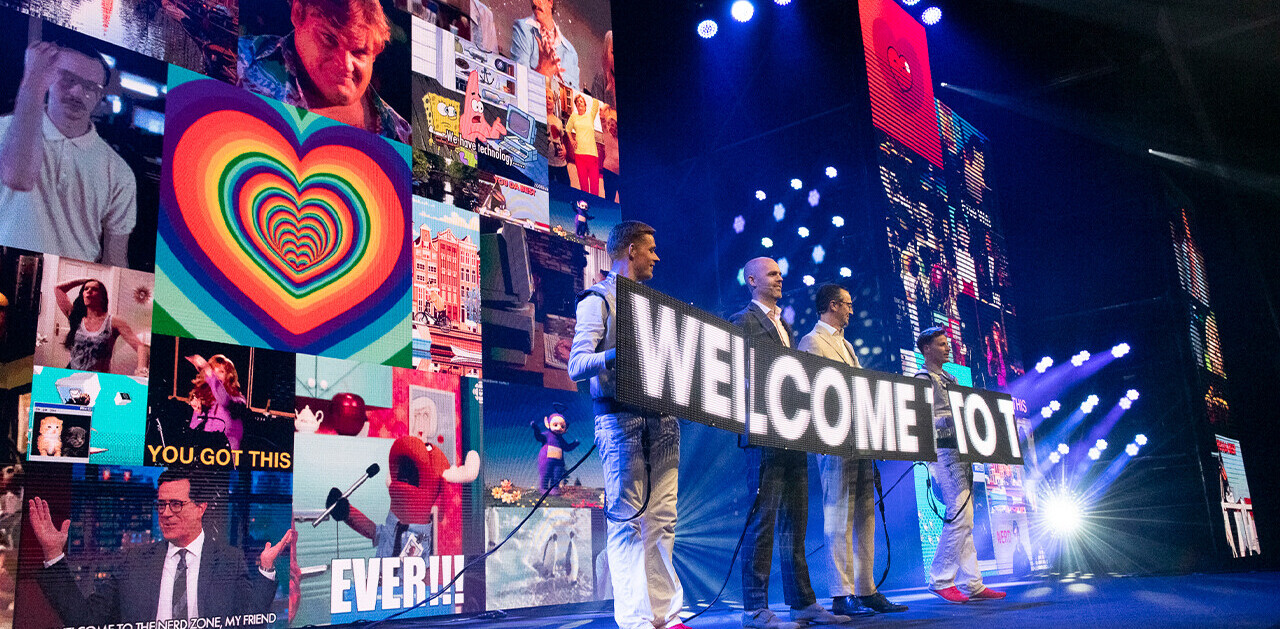
This time last year, I visited a bustling cafe in downtown Salt Lake City. I had never been there before, so I decided to go all out — breakfast and a cinnamon roll— Carb City.
After finishing my meal, I went to pay my bill, but there was a problem: I couldn’t get my server’s attention. After trying to catch her eye for almost ten minutes, I felt miffed. After all, I had stuff to do…
When she finally noticed me, I asked for my check. She smiled and told me that someone had come in and bought breakfast for everyone in the cafe, and that I owed nothing.
Surprised — shocked, really — I thanked her for the service, gave her a tip and left happier than I arrived.
Later that day, I sat at my computer and thought about my breakfast experience. I wondered why acts of kindness leave such an impression on people.
Could it be supply and demand? Are they really so uncommon in the modern world that their value goes up?
I can’t speak for everyone, but from my personal experience, the answer seems to be yes. No matter how many times we hear “treat others the way you want to be treated,” it never seems to stick.
It’s unusual to say hello to strangers on the street or talk to someone on the bus. This seems odd to me, especially considering the demonstrable benefits of kindness. Altruism can improve your health and even create physical changes within your body.
Don’t believe me? Read on — and don’t worry, this isn’t going to be feel-good mumbo-jumbo. I have some data for your consideration.
The rewards of kindness
What do you do when you feel down or stressed? Treat yourself to dinner? Wallow in self-pity? Order an extra drink?
Life is full of stressors that require coping mechanisms. Each person will have a different set. The problem is that many of us practice coping behaviors that don’t actually make us feel better
In fact, all three of the options I listed above are likely to compound whatever problem drove you to them in the first place. You’re lonely, sad or disappointed. Turning inward isn’t going to make you feel better. It’s bad logic.
Turning outward is a better choice.

In a six-week study, researchers divided 500 people into four groups. Participants reported their social, emotional and psychological well-being. Then they were asked to complete different jobs.
Group one was tasked with completing random acts of kindness to improve the world (like picking up garbage).
Group two was tasked with performing acts of kindness for other people (like buying coffee for a friend).
Group three performed acts of kindness for themselves (like getting a massage).
Group four stayed in and essentially did nothing.
Six weeks after the experiment ended, the participants filled out the wellbeing assessment again. Across the board, the participants that performed acts of kindness — for the world and others — reported the highest levels of happiness.
The phenomenon these individuals felt can be described as “helper’s high.” When we do something for others, our brains release dopamine, which makes us feel good. Being altruistic can improve our mood and mental health.
The role of kindness in the workplace
Life is full of paradoxes — some so overt that they’re almost comical. One that drives me crazy is company value statements that emphasize kindness and ethics, while the actual work culture privileges a take-no-prisoners mentality.

What happens when companies actually practice what they preach?
Good things. Very good things. When employees and managers are kind to one another, they’re healthier and happier. HR spends less time on conflict resolution.
When you’re friendly with your coworkers, you’ll feel more socially connected, which changes you at a physical level. Yes, you read that correctly.
Inside your body is something called the Vagus nerve. This nerve is responsible for connecting positive social contact to good emotions. When people think and act more compassionately, they increase the strength of their vagus nerve.
As you increase the strength of your Vagus nerve by practicing kindness at work, you’ll feel closer to others. You’ll practice more altruistic behavior, and you’ll be happier overall.
What happens if you really don’t like a co-worker, though? Can you still reap the rewards of kindness in the workplace even if you’re manufacturing positive feelings? Luckily, the answer is yes.
Even if you don’t feel like naturally being kind and happy, you can fake it and still receive the rewards.
It holds up anecdotally, too
Research is a great way to gain an understanding of something, but applying the findings to your own life can be more difficult.
You can read a thousand studies about the benefits of working out, but if you don’t have positive personal experiences with the gym, you’ll likely have a hard time staying motivated.
If you think hard enough, you’ll almost certainly be able to identify a time when altruism had a positive effect on your career. Keep that story at the front of your mind as you have opportunities to help others.
Googling the answer
About five years ago, Google wanted to increase its employees’ productivity.
To achieve this goal, they studied hundreds of their teams to figure out what made them successful. About one year into the study, Google’s researchers were stumped; they didn’t know what mattered most when it came to workplace productivity.
After racking their brains for an answer, they came across a study that tipped them off. (I know, I know; I also hope they Googled “What makes a successful team?”) This study asserted that great teams have “average social sensitivity.”
In other words, groups that are made up of members that understand how others on their team are feeling are more successful.

Equipped with this knowledge, Google began encouraging employee bonding, speculating that it would lead to an increase in social sensitivity. As you might have imagined, Google was right.
As employees bonded, they were kinder to one another and productivity increased.
Adding kindness to your repertoire
According to the Harvard Business Review, if you focus on the following six things, you’ll begin to promote a work culture that’s based in kindness, which will ultimately make you happier, healthier and more productive.
- Care for your colleagues by being interested in their lives. (Again, you can fake your interest and still benefit.)
- Provide support for your coworkers when they are struggling.
- Avoid blaming the people you work with, and forgive them when they make mistakes.
- Be a source of inspiration for others at work.
- Talk about the meaningfulness of your work.
- Treat everyone you interact with at your job with respect, trust and gratitude.
Kindness isn’t just for the weak or sentimental. There are clear, empirical benefits to being kind to others, both physically and financially.
Maybe if we start thinking of kindness in business terms, it will stop being such a scarce commodity.
Get the TNW newsletter
Get the most important tech news in your inbox each week.





